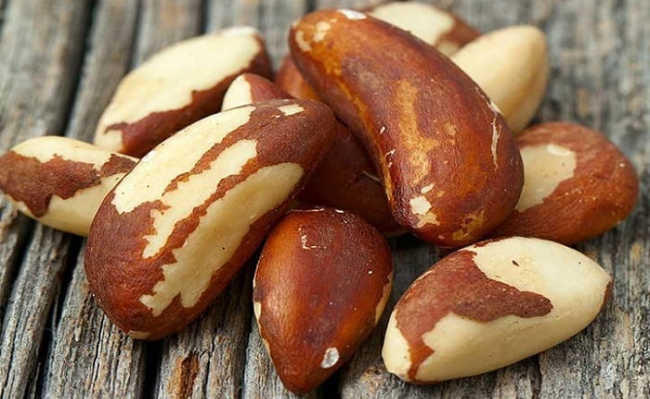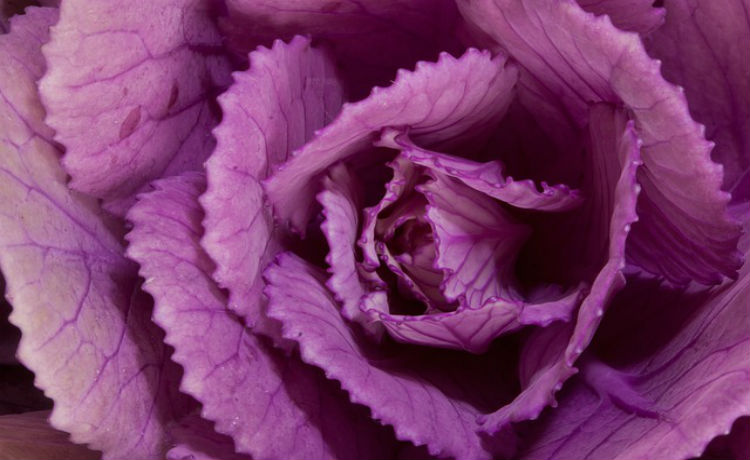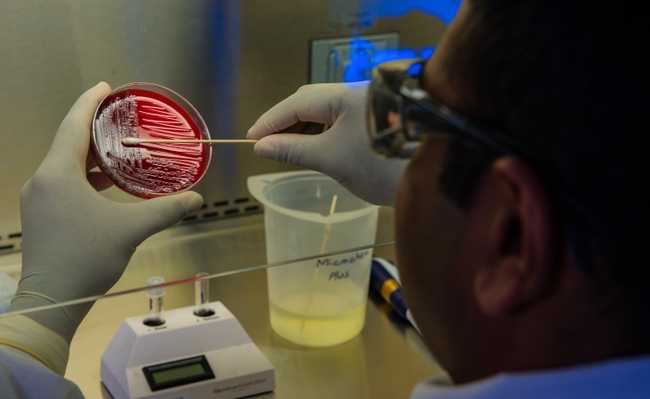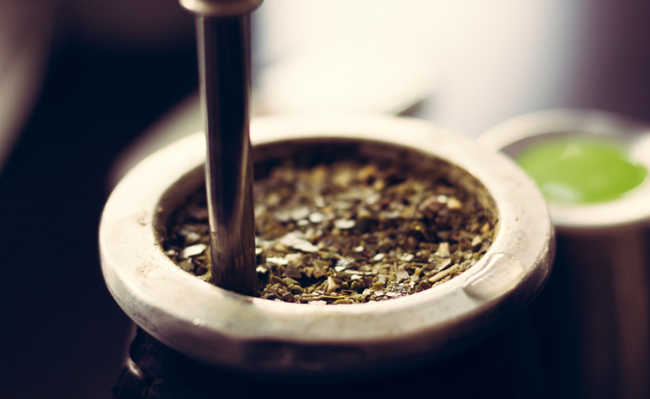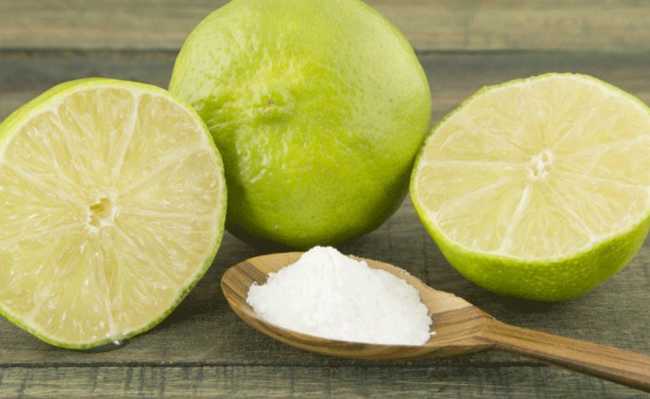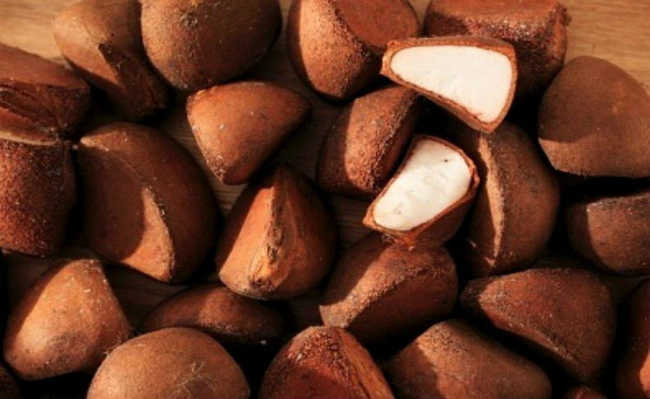The Best Foods to Increase Collagen Production
Foods rich in vitamin C help the body to increase collagen production
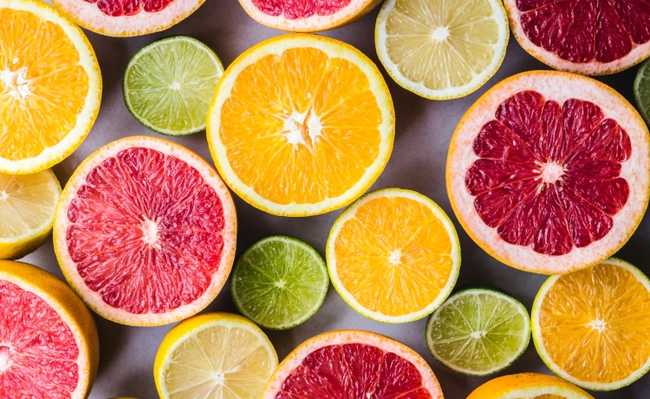
Edited and resized image of Bruna Branco, is available on Unsplash
Collagen is the most common protein found in the body, being present in tendons, fat, ligaments, among other places. It helps the different parts of the body fit together and is crucial for the strength of the bone structure. When collagen levels are healthy, cells look firm and youthful.
- Collagen: understand what it is for, benefits and if it harms
The interesting thing about collagen is that stimulating its growth causes a domino effect. The more collagen you have, the more your body will be able to produce and maintain. Check out a list of foods that will increase your natural collagen production:
Foods rich in vitamin C
Vitamin C is essential for the synthesis of hyaluronic acid and collagen. Hyaluronic acid speeds up wound healing time and relieves joint pain. But without adequate levels of vitamin C, the body does not gain the full benefit of foods that contain hyaluronic acid (see study about it here: 1). Hyaluronic acid is found naturally in the body, but it decreases as we age. Eating foods rich in vitamin C and amino acids can increase levels of hyaluronic acid and collagen. Foods like orange, red pepper, kale, broccoli and kiwi are rich in vitamin C. For more options, take a look at the article: "Foods rich in vitamin C".
- What is vitamin C and why is it important?
- What are amino acids and what are they for
- Benefits of whole orange and orange juice
- Benefits of delicious kiwi fruit
aloe
Aloe vera gel has long been used to heal wounds and burns as it increases the cells' collagen production when applied topically or taken orally. One study concluded that taking an oral aloe vera supplement improves skin quality. To learn more about this topic, take a look at the article: "Aloe on the skin: uses and benefits".
Ginseng
The anti-aging effects of the plant panax ginseng they are also due to its property of increasing the production of collagen in the body (see studies about it here: 1, 2). Studies have shown that ginseng protects the skin from the sun's UVB rays. Antioxidants that are released into the bloodstream after taking a ginseng supplement or your tea protect healthy cells and leave skin glowing.
- Antioxidants: what are they and in what foods to find them
Coriander
Coriander is also a food rich in vitamin C that helps to increase collagen production. It contains linolenic acid, which has been linked to anti-aging effects on the skin, as it provides antioxidants that fight free radicals in the bloodstream.
- Seasonings and their health benefits
Algae
Algae contain substances that combat skin oxidation and help maintain elasticity and collagen production (see study about it here: 1). If you're not used to including algae in your recipes, you can benefit from them by taking supplements.
what to take into account
If you're trying to make your skin look younger and healthier, make sure you don't overexpose yourself in the sun or on a tanning bed. Smoking can also cause premature aging.
Some collagen supplements have side effects. The most common are calcium overproduction, allergic reactions and joint pain. If you have allergic reactions to seafood or animal products, be very careful when taking any type of collagen supplement.
While a youthful appearance is highly valued, beauty is not just skin deep. Healthy skin is a good indicator of how the rest of your body is feeling. There is no way to completely reverse the signs of aging. It's much easier to protect your skin while it's healthy than to try to fix it later. Increasing collagen production naturally with healthy foods improves not only appearance but overall health.
Adapted from Kathryn Watson

